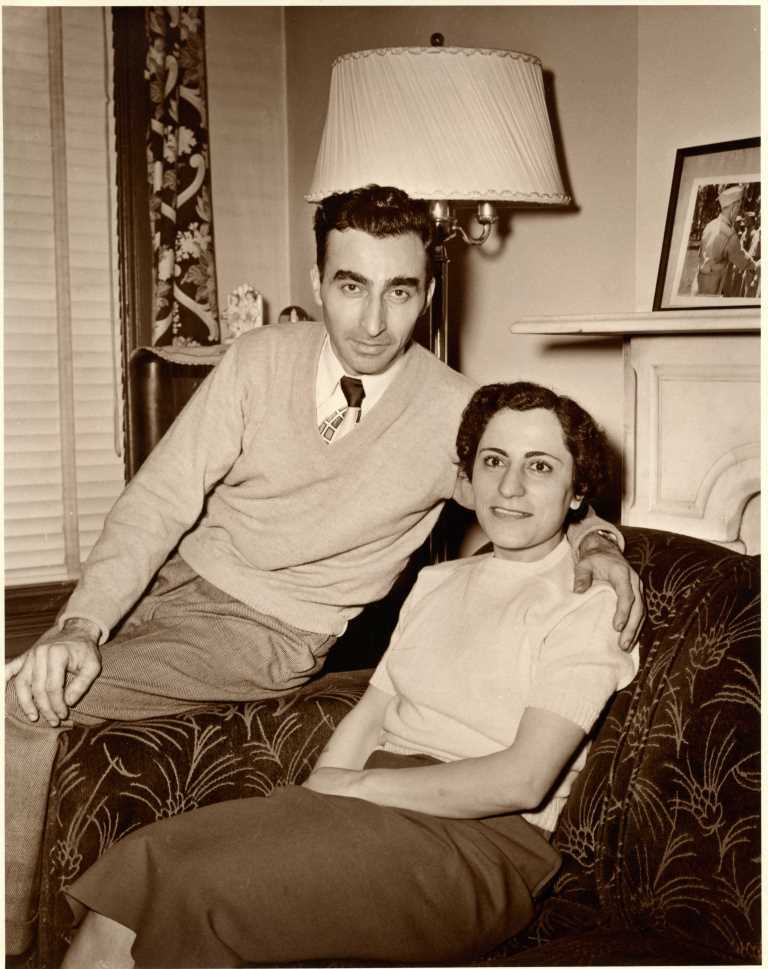Twenty years ago, this month at age 41, I became an orphan. My father died with Alzheimer’s on March 31, 2001. He would have been 91. The following day—eight years earlier—on April Fools’ Day, my mother died of congestive heart failure. She would have been 72.
My parents always wondered about me—the third born. I was the youngest—a rebel. Yet, despite what they saw on the surface, I closely adhered to their values when it mattered. When it didn’t, I had a healthy appetite for adventure.
Leaving home at age 18 and in my second year of college, I was determined to complete my education. When the Midwest recession grew worse after I earned my degree, I went on to graduate school. My appetite for risk and curiosity, helped me eke out a livable income.
After my parents died, I learned to navigate life as an orphan at age 41.
It’s hard losing parents. If I were curious about something, they were no longer able to answer. Then again, my parents were Armenian Genocide survivors. My mother got suspicious when I’d ask too many questions. My father rarely had a chance to speak as my mother would interrupt.
Nature is Quirky
We don’t take the opportunity to ask our parents questions while they’re alive. We’re too busy. Then they are gone and all the unanswered questions come flooding in. Perhaps, it’s nature’s way of giving us the opportunity to discover things on our own. After all, if we had all the answers, life would be predictable.
I learned to be self-sufficient. During the late 70s with double-digit inflation, I made the best of my situation and invested in double-digit-interest-paying CDs to fund my college education.
My father asked me, “Aren’t you bitter?”
I appreciated his question as I was the first to leave home after it was clear my parents had little faith I would amount to much. They refused to help and instead supported my older sister and brother.
I asked my father what he meant. I wanted to hear his perspective, although I already knew.
He answered, “Because we didn’t help you and here I am living in your home.”
I realized over the 19 years that I had to rely on my own resources. I had grown more self-reliant. I thanked my father for giving me that life lesson. Even though I struggled, I grew stronger.
Financial Lessons Learned and Applied
Almost 10 years ago, I wrote an article entitled: Immigrant’s Guide to The American Dream. The article concludes with Three Money Management Tips. To this day, I credit my parents’ teachings and modeling their own spending, to being able to survive the ebbs and flows of life.
- Ask yourself, “Do I really need this?”
When I’m tempted to buy something that isn’t on my shopping list, I postpone the decision for a week. If it’s not top of mind, I likely didn’t need it. Most often, I end up not buying it. - Pay with cash.
If you use credit, pay your total balance before the end of the billing cycle to avoid high interest. If you can’t afford it right now and it’s a want-to-have purchase, wait until you have the funds. (In today’s COVID environment, more of us are using contactless payment systems instead of cash.) - Record all of your expenses.
You’ll be surprised how fast your funds go to areas you didn’t expect. If you start tracking your expenses, you may even spend less to avoid having to write down yet another expense. The discipline is worth the benefit of being mindful of your spending.
I was raised in a single income-household. My father worked in a factory earning a low wage. After he married and had a son, he borrowed $3,000 from his mother in order to pay cash for his first home at age 40. He paid his mom back in less than a month. At least, he, my mother, and my newborn brother were able to move out of an apartment with no hot water. As the family grew, we all made sacrifices and three children grew into productive adults in a home raised by two immigrants.
Also see Reflecting on Anniversaries with Hope for the Future.








